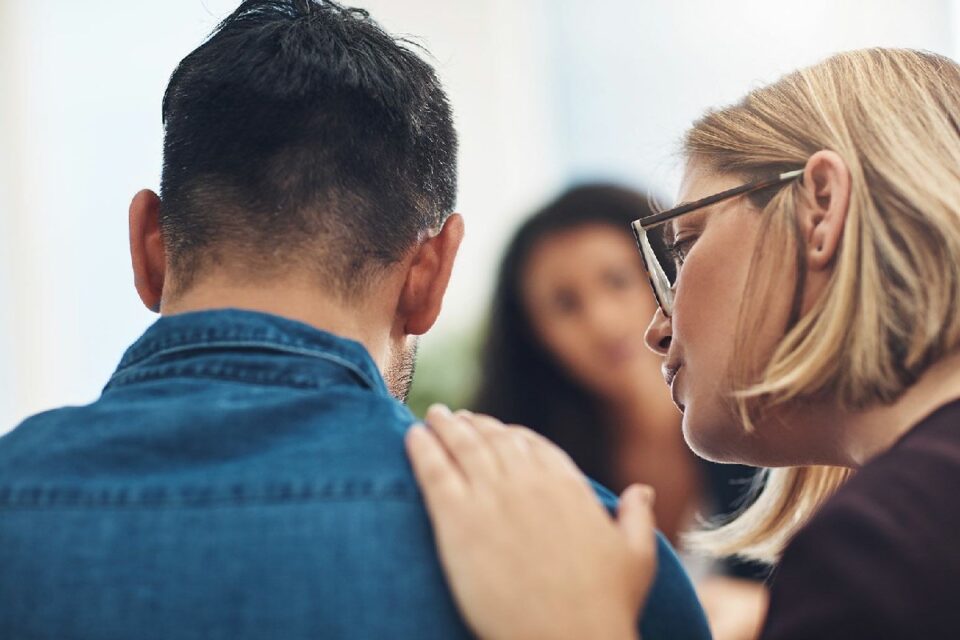Opioid addiction is a significant problem impacting millions of people across the nation. Opioids are particularly dangerous because doctors often prescribe them for pain management which causes individuals to overlook early indications of opioid dependency. The problem is so severe that 80% of heroin users first developed addiction from opioids prescribed to them. Ending opioid abuse early-on, is vital for the well-being of those with this addiction.
Table of Contents
Signs and Symptoms
Some signs include social withdrawal, disinterest in activities, sleep disruptions, shifting moods, and poor hygiene. If you are concerned about someone with opioid addiction, do everything you can to voice your concerns. Denial coincides with addiction, so getting through to your loved one is crucial to recovery.
Opioid Treatment Programs
There are two types of opioid treatment programs: abstinence-based programs, where the individual completes an evaluation and goes through a detox and counseling procedure, and medication-assisted treatment: where patients receive specific medications to reduce opioid cravings as well as counseling, see more to reach out the right opioid treatment programs.
Medication-assisted treatment (MAT) is the best option for opioid dependence. MAT provides medications that ease withdrawal, which is an excruciating period of detox that includes aching muscles, restlessness, and nausea. Emotionally, individuals feel anxious, abandoned, and deprived. Medications like methadone offer some relief and sense of stability as recovery is pursued over time.
Consider these tips to foster recovery:
Use “I” Statements
Do not use language that feels accusatory, as this will only increase feelings of shame and guilt. Sufferers will feel less comfortable opening up to you if you place blame. A strong “I” statement might look like, When you didn’t show up, I was worried about you. By acknowledging problematic behaviors without finding fault, the sufferer will hear your concerns without feeling berated.
Separate the Addiction from the Person
Use language that separates the person from the addiction; it relieves sufferers of internalized shame and the reluctancy associated with getting help. Make it clear you are aware that addiction means chemical dependency. Tell them you understand how unbearable it is to go without something your body needs. Showing that you understand the impact of addiction will help your loved one feel validated, making it easier for them to get help.
Keep the Conversation on Health
Ensure that you focus on health and wellness rather than the moral questions of addiction. By keeping the focus on health, your loved one can prioritize their physical recovery. After using careful wording, it’s time to take active steps towards official recovery.
Find Social Support
Once your loved one has agreed to treatment, spend some time looking at different avenues of social support. If you have a close family, you may want to encourage your loved one to lean on them for comfort during this time. If you find that gathering support is difficult, you may want to consider recovery programs that include group counseling.
Recovery takes time. If you or a loved one is struggling with opioid dependency, establish your recovery plan right away.

